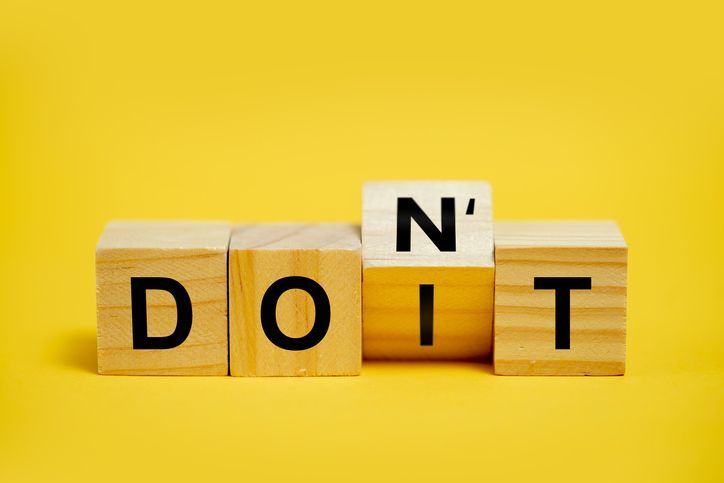
In Pirkei Avot-The Ethics of our Fathers, we find the dictum of “Shammai said, “Emor m’at v’aseh harbeh” which means “Say little and do much.” Today’s colloquialism, made famous by Nike, would be “Just do it!”
We all like to talk about what we are going to do or what we need to do, but invariably, something else more important needs to be done, so we have to put that project/activity on the back burner. The question is why do we procrastinate? And while the motto is “procrastinators – the leaders of tomorrow,” it still begs the question: what is stopping us? Why not just do it?
The religious answer is it’s because of one’s “yetzer hara” (evil inclination). It is what convinces us to hit the snooze button, skip the exercise routine, eat the Oreos, etc. And while our yetzer tov – good inclination -- is just as powerful as the yetzer hara and usually will win, every so often, we like to indulge ourselves and be the “bad boy.” As Hashem said to Kayin (Cain) in Genesis 4:7, “If you did your best, then you should be happy; if you did not do your best, then sin is at your doorstep, but you can rule over it.” The struggle between doing what we know we should do and not doing it is set up from the beginning. We are informed of the principle of free will. We have the power to do it so just do it!
Fast forward to today. Psychology has exposed a lot about why we act the way we do. While there are certainly arguments in the field, there seems to be a consensus that our action or inaction may be a result of things that we no longer remember. When “x” happens in the present, it triggers a reaction within us whose original cause may have occurred years in the past, but when asked why we are getting excited, depressed, or angry, we are at a loss as to how to explain the reaction.
Recently I picked up a book called The Emotion Code. The author discusses what he calls “trapped emotions.” His contention is that through our life experiences, certain emotions may be trapped and cause both physical and mental problems. He further claims that the subconscious, which knows exactly what and where the emotion parked itself, will let the person know where it is and whether or not one is ready to release the emotion. If it is released the problem goes away, sometimes instantaneously.
While I was initially skeptical, I was amazed to find an article in Psychology Today, which I posted on the JFS Facebook page. While the article’s author couldn’t really explain how or why it worked, she was amazed at the results.
Now, while I’m not going to dismiss the fight between the yetzer hara and yetzer tov, I believe that this theory of the emotion code could help us to understand why the yetzer hara will sometimes win, even though we know it shouldn’t have. It may be the key to understanding oneself and help to realign our priorities.
Rabbi Fred Nebel
Jewish Family Services Director
574-233-1164 x1806
[email protected]
